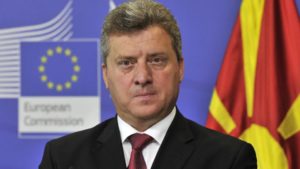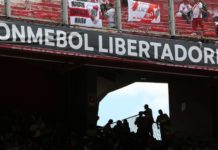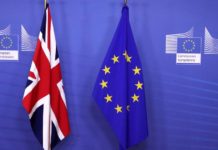Macedonian president says won’t sign name deal with Greece
Djorge Ivanov said Macedonia’s possible future membership of the EU and NATO was not sufficient excuse to sign such a “bad agreement” with Greece under which the new name of his country would become Republic of North Macedonia.











